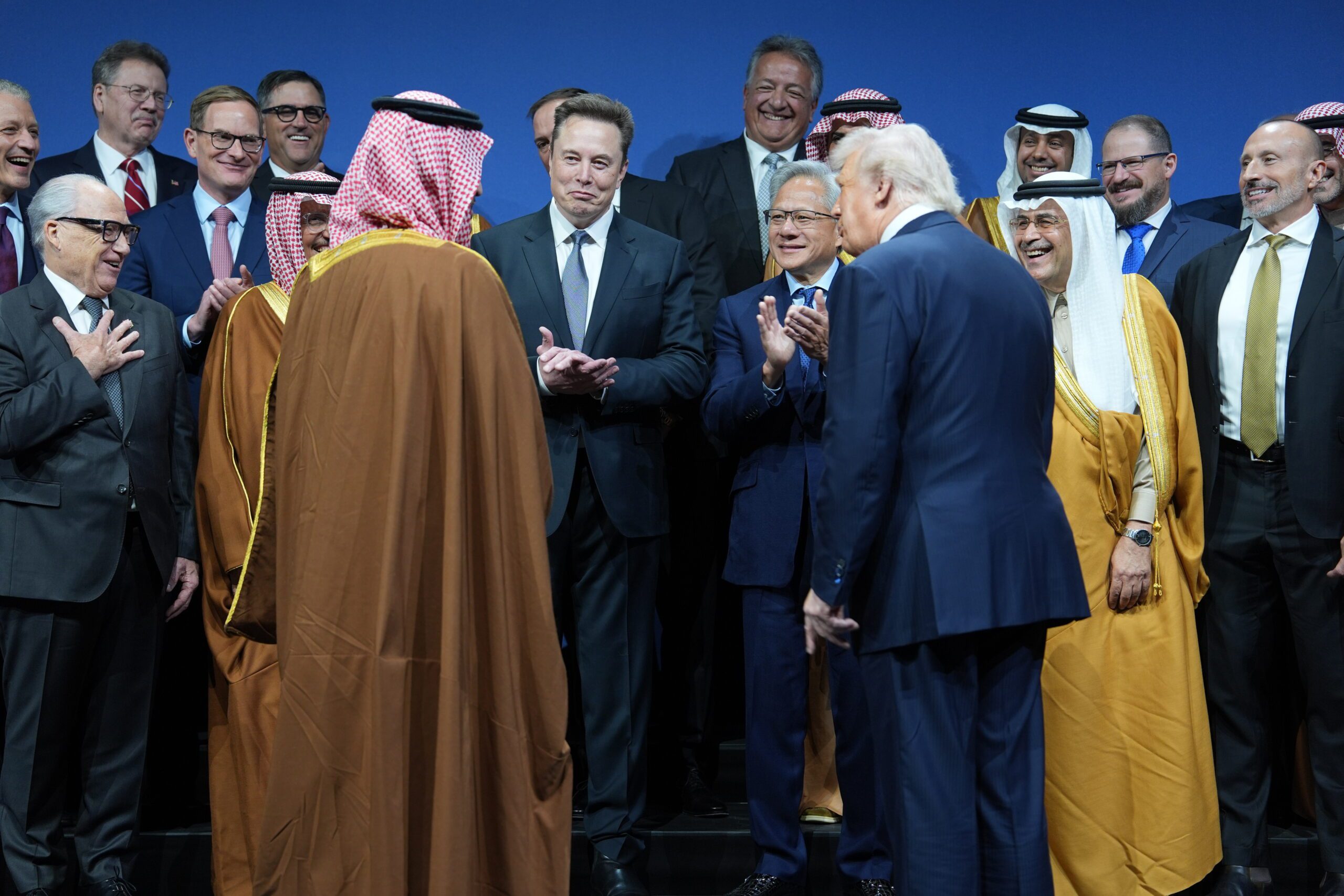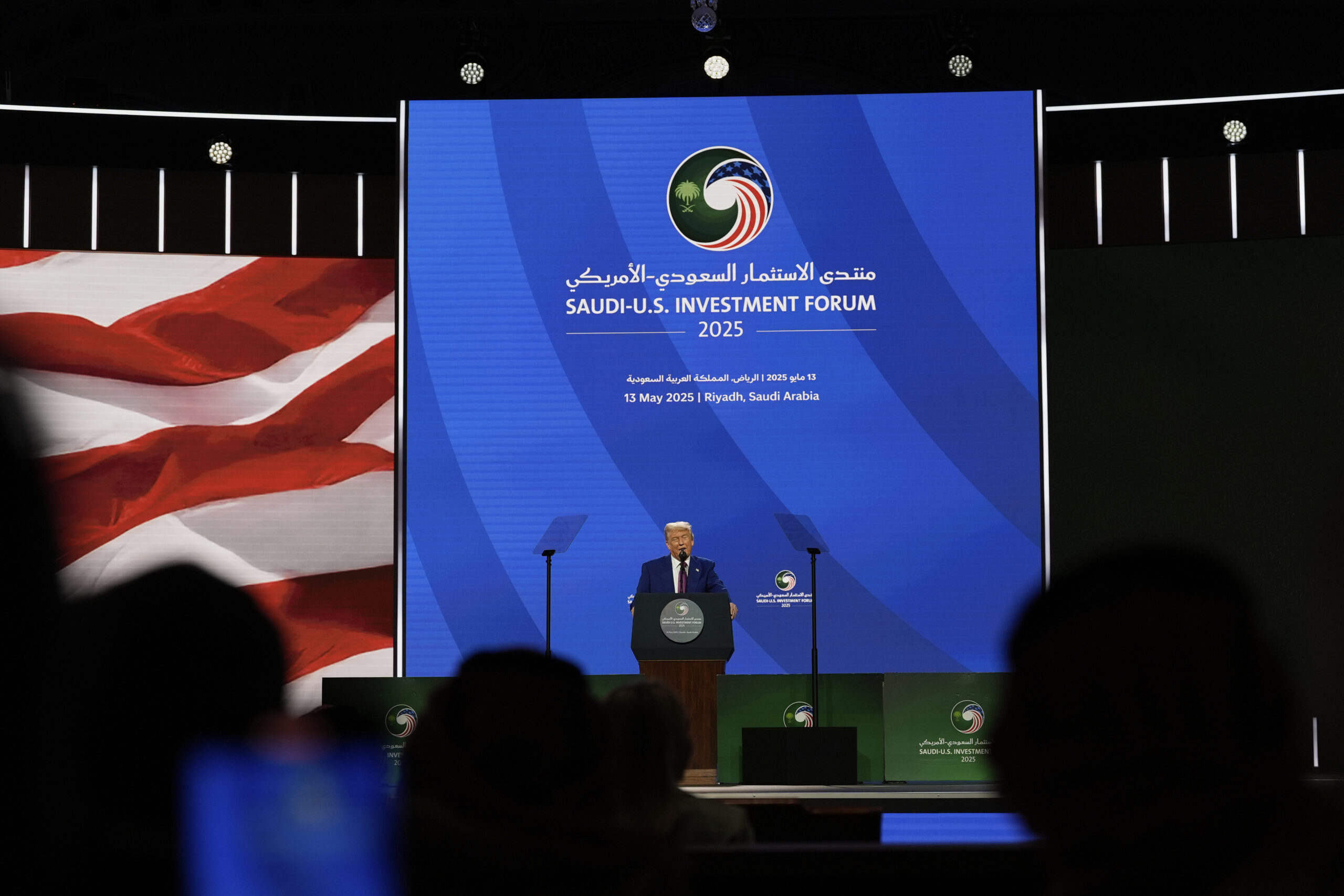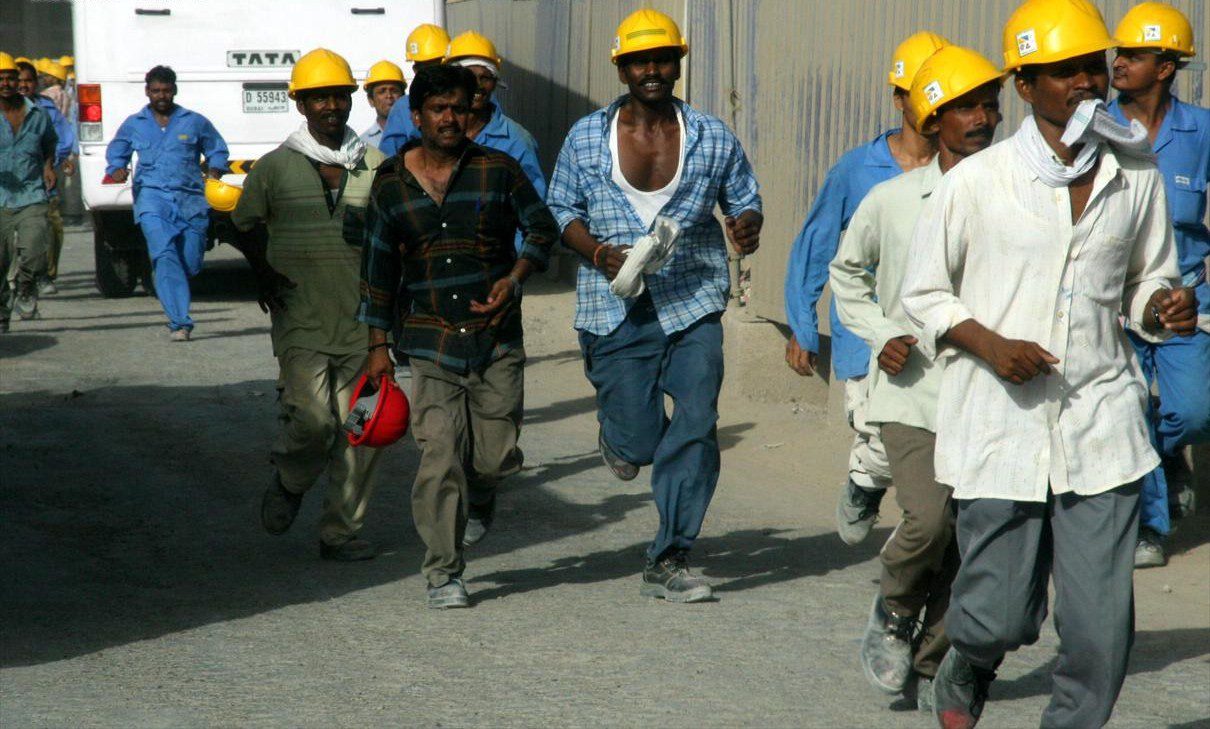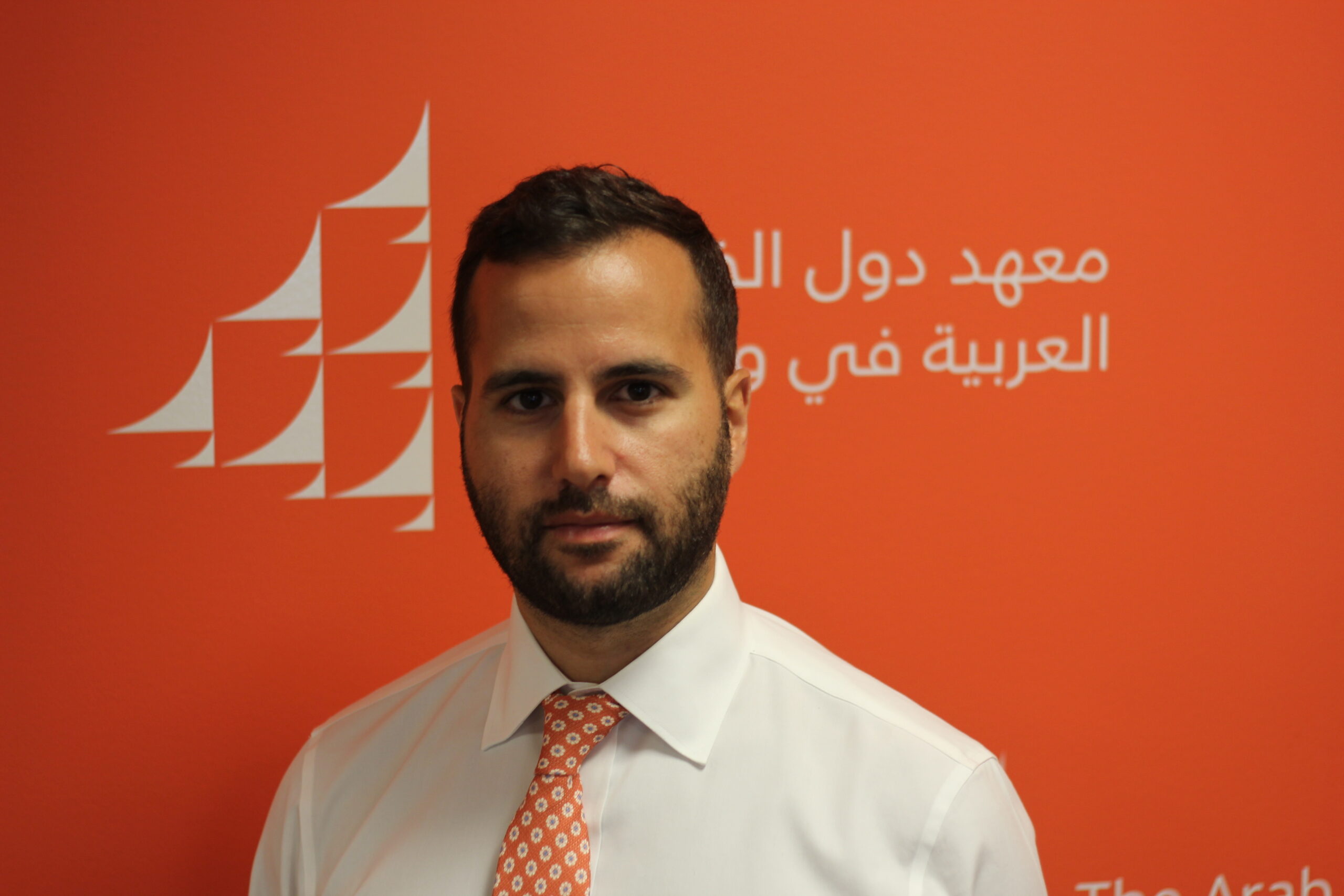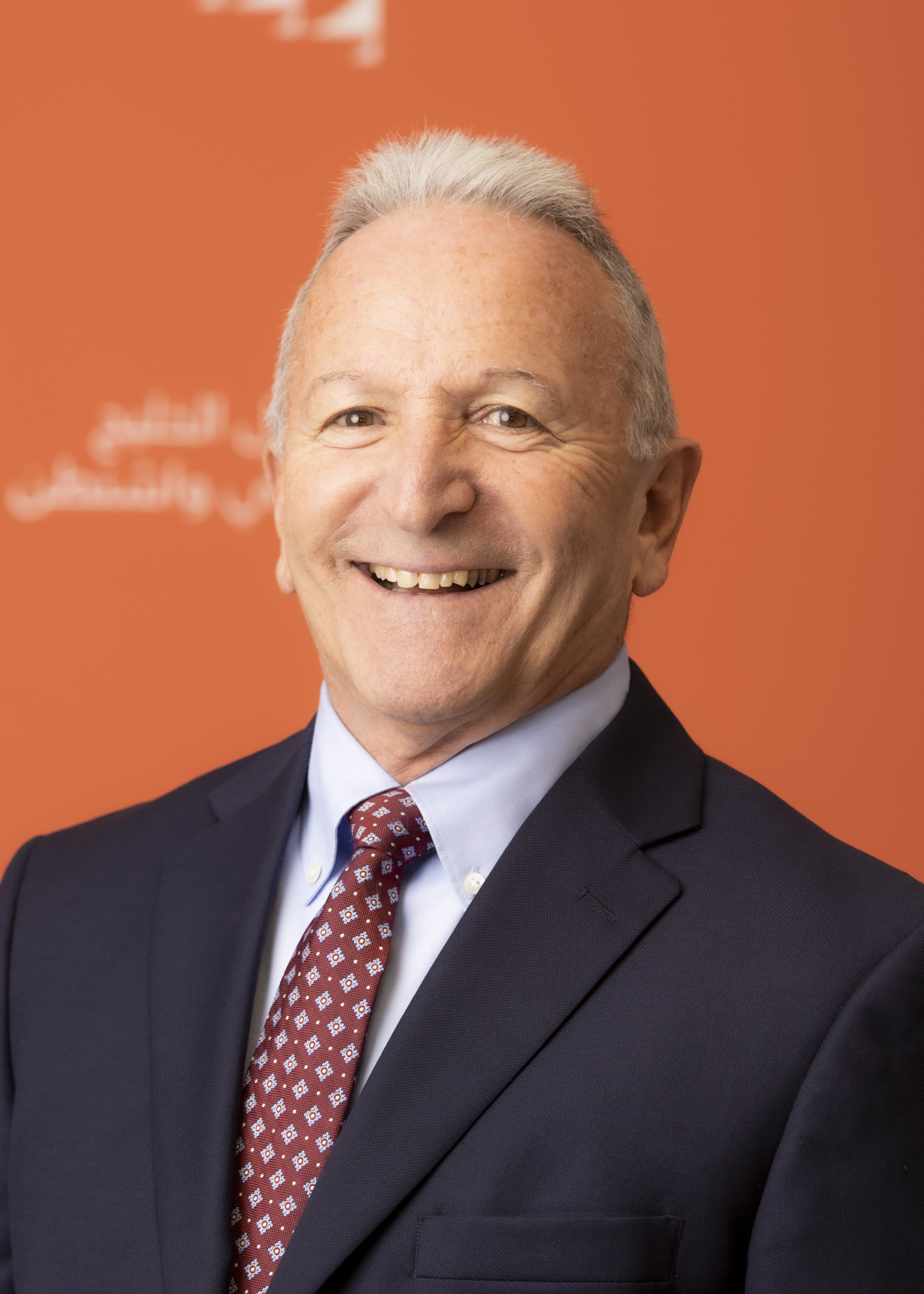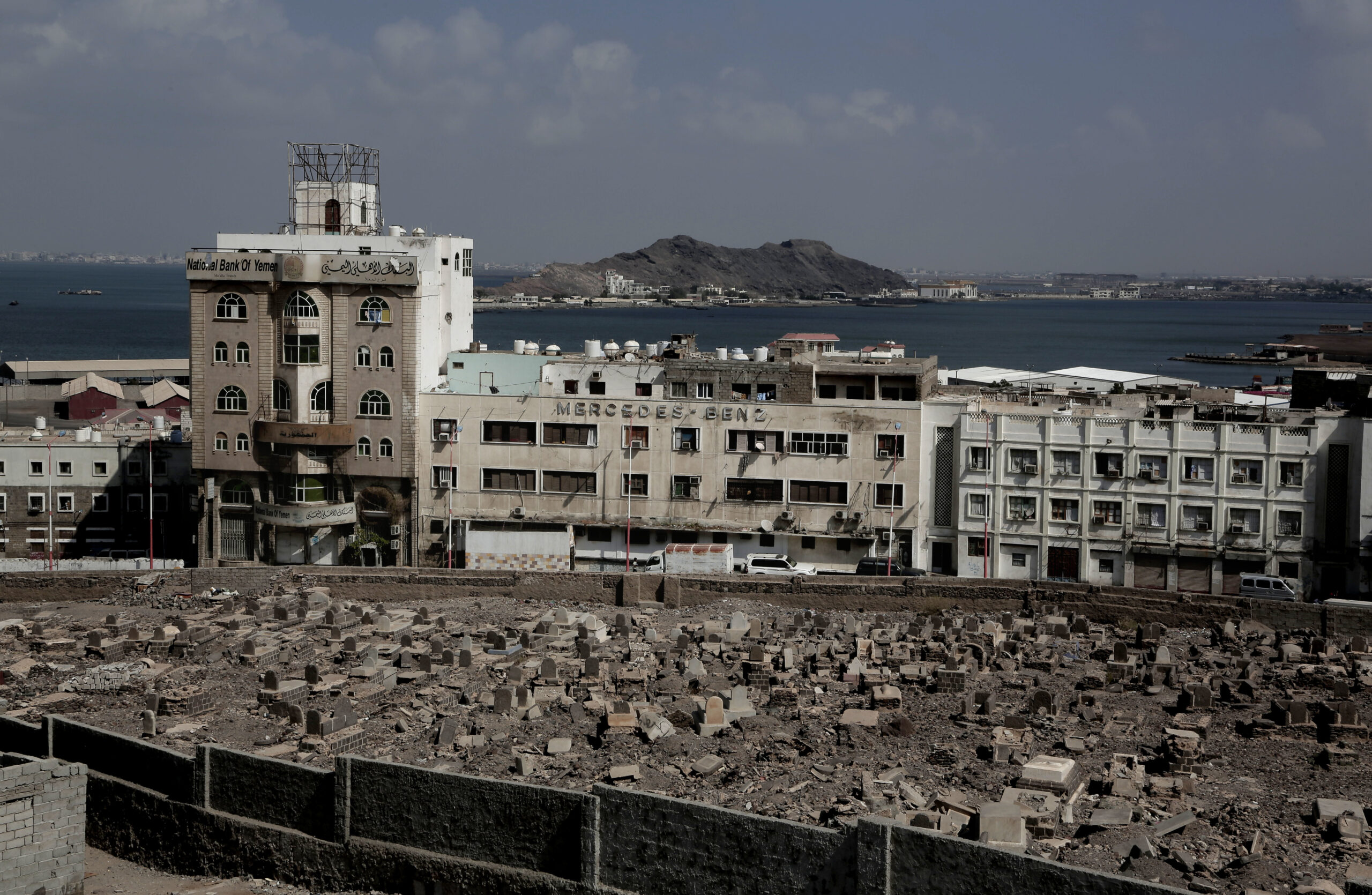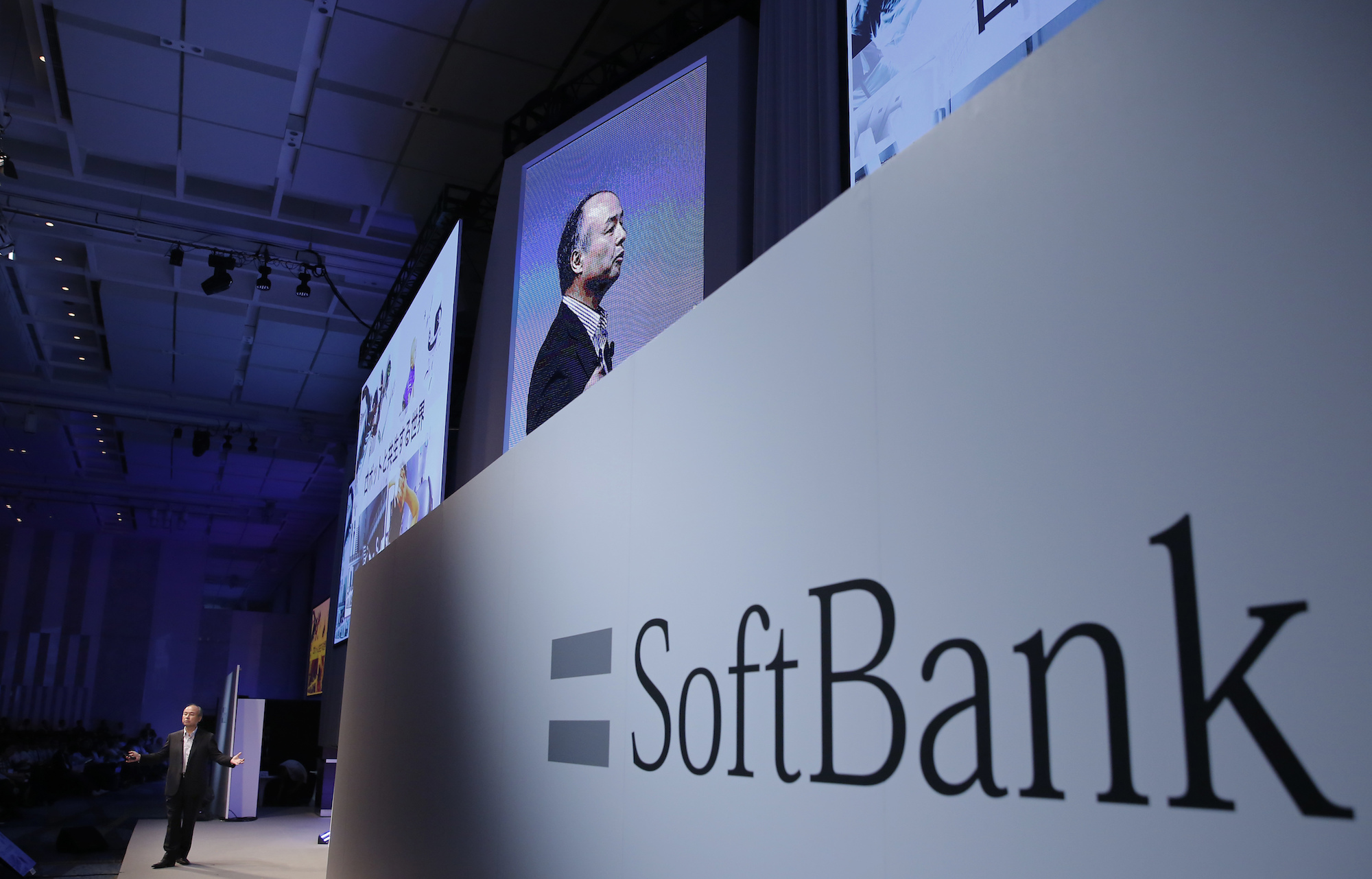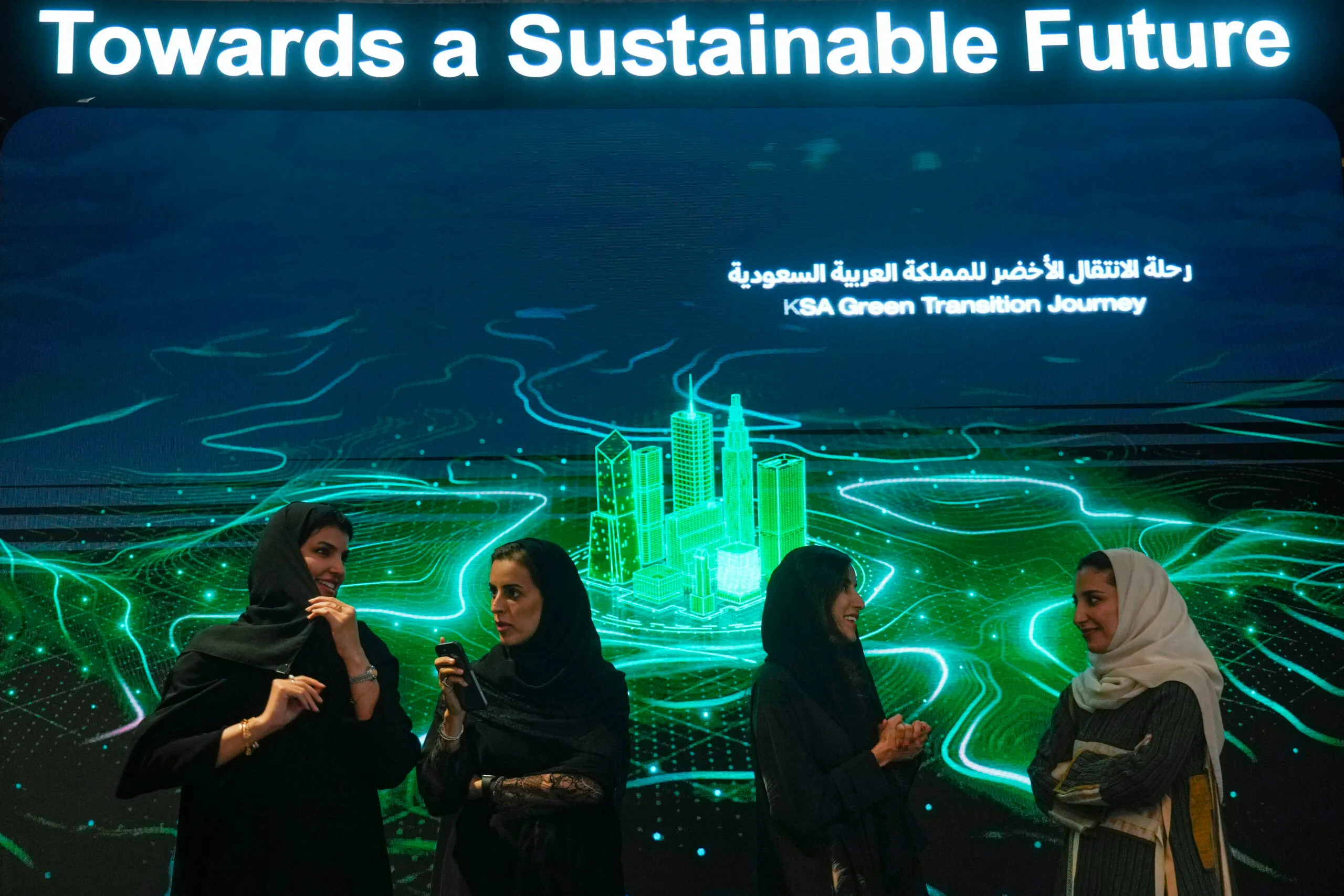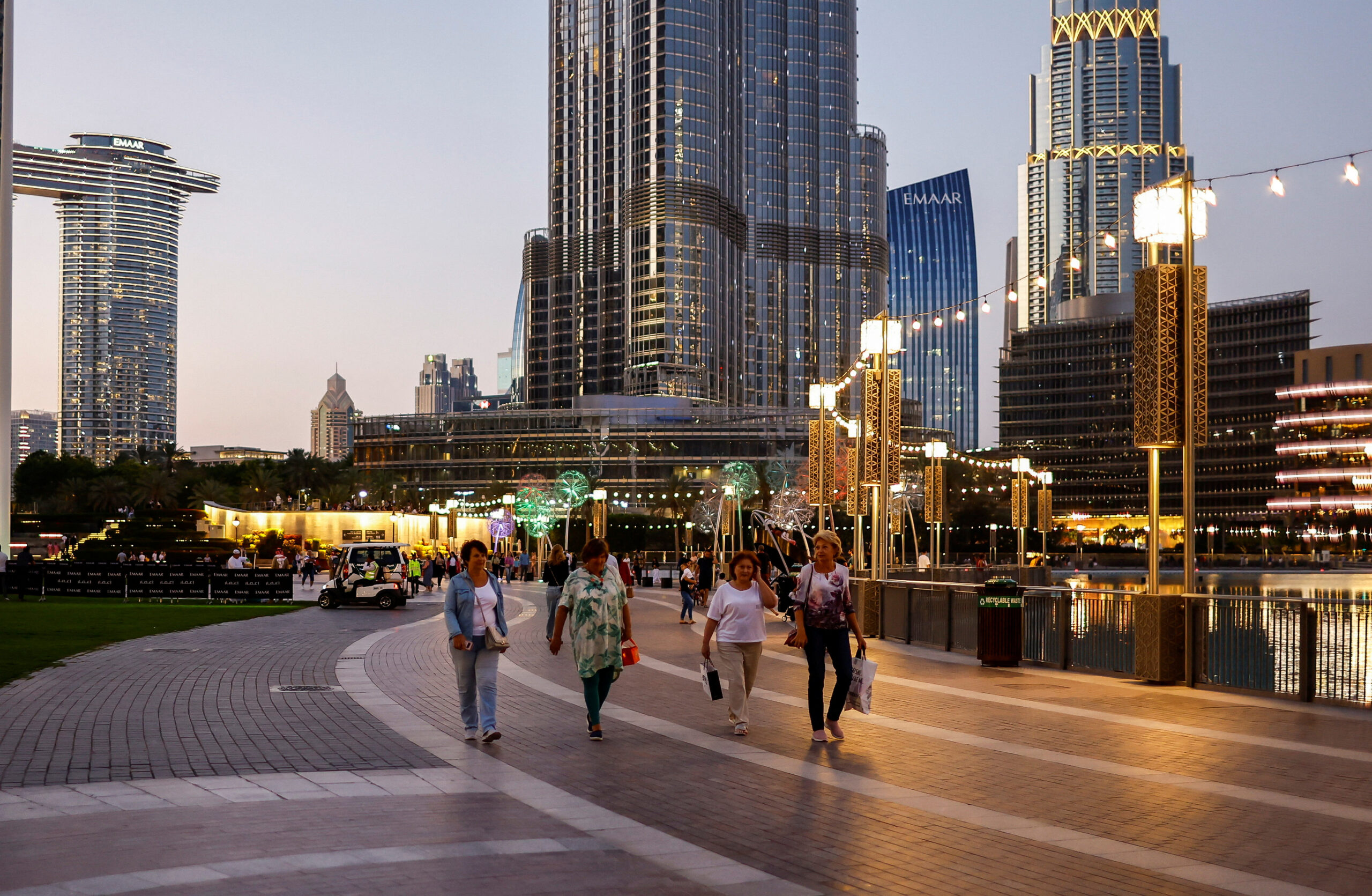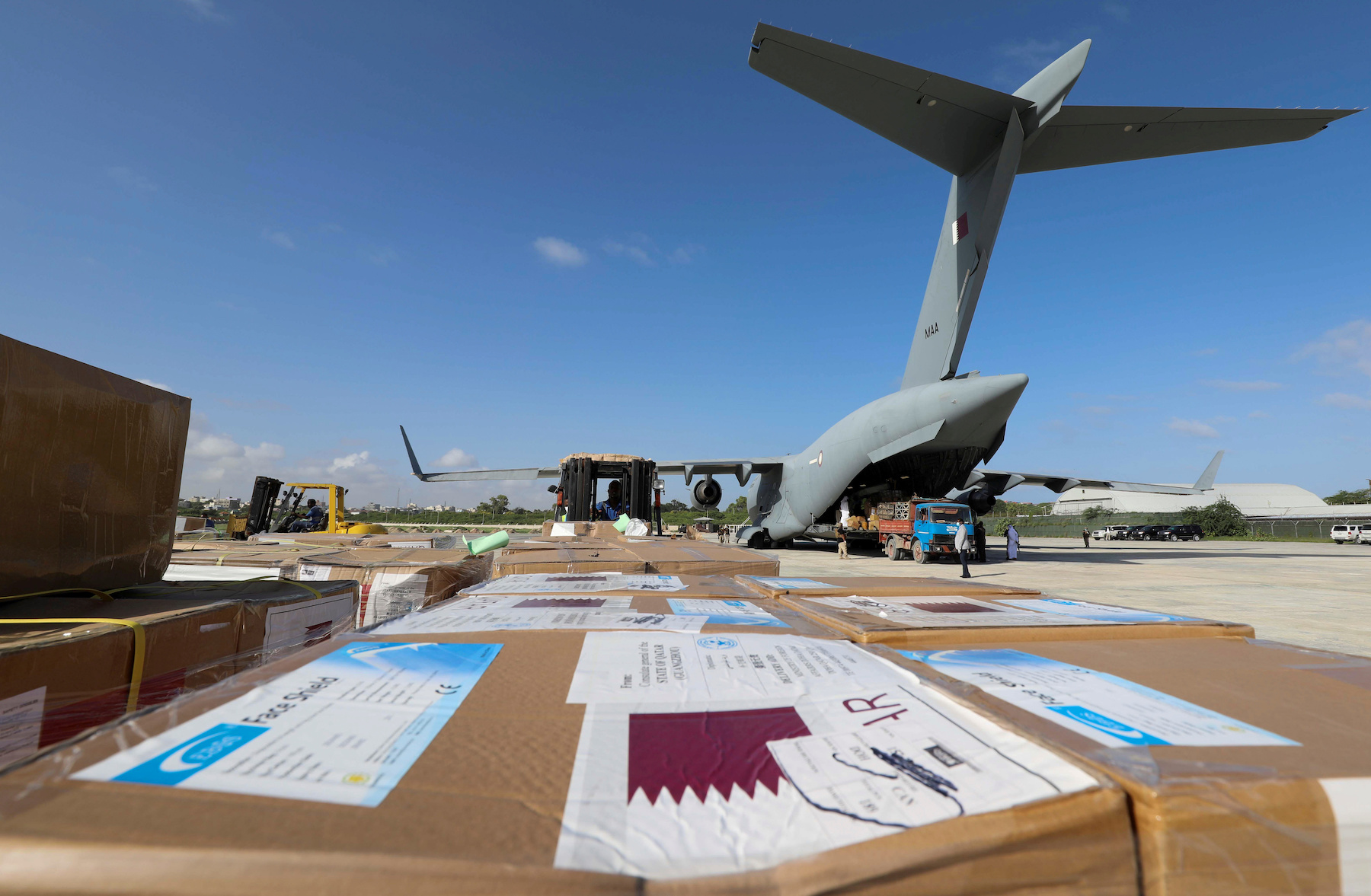Turkey-GCC Trade and Business Relations: Banking and Finance Sector Engagement
Financial ties between Gulf Cooperation Council (GCC) countries and Turkey mutually support economic growth and diversification. Investment flows and banking sector ties have fluctuated since 2014, but over the last decade and a half the general trend has been an upsurge in shared investment opportunities. Turkey is a prime destination for foreign direct investment (FDI)...
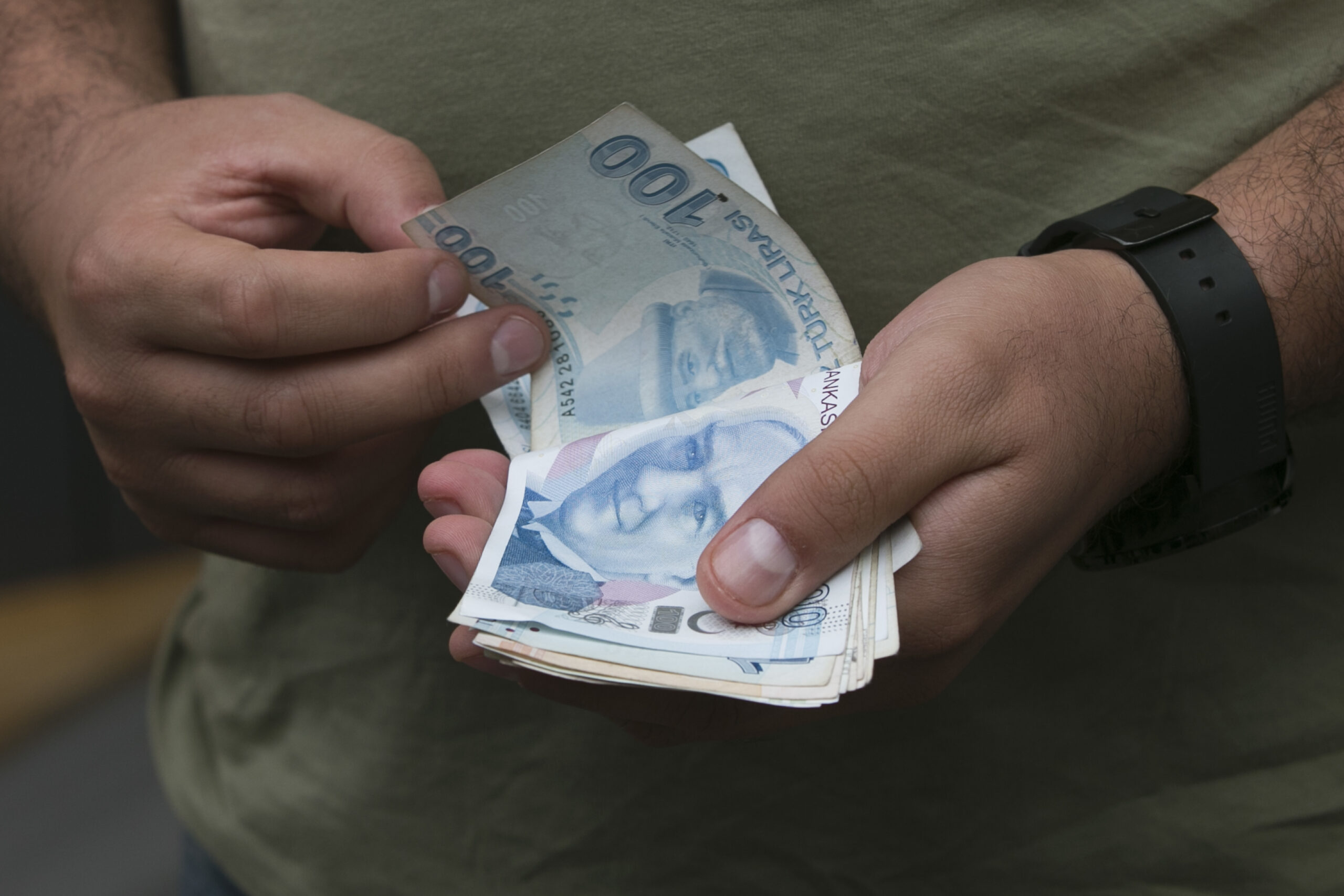
Financial ties between Gulf Cooperation Council (GCC) countries and Turkey mutually support economic growth and diversification. Investment flows and banking sector ties have fluctuated since 2014, but over the last decade and a half the general trend has been an upsurge in shared investment opportunities. Turkey is a prime destination for foreign direct investment (FDI) from GCC countries, especially in banking, and for investment by private equity firms based in GCC countries, especially the United Arab Emirates (UAE). The GCC countries have proven an important platform for business in Turkey, providing large contracts in infrastructure development for firms in Turkey.
Yet state-sponsored and private GCC investors remain among the smaller players in banking and finance in Turkey, and domestic actors are responsible for the majority of mergers and acquisitions and privatization deals in Turkey. And although there is a growing trend of outward investment from Turkey to GCC countries, they are still minor recipients of these flows.
In the background, shifting geopolitics, including uncertainty in the European Union over Brexit and instability in Turkey’s relations with Russia through 2015, make GCC countries a rising alternate source of funding and partnership. Global financial patterns that have taken shape since the global financial crisis in 2008-09 benefit increasing ties between developing economies. Financial flows between Turkey and GCC countries are one prime example.
As of mid-2017, Turkey has had to recognize the importance of diversity of sources of financial ties within the GCC and to reconcile how disputes within the regional organization might affect financial flows. Turkey’s domestic political environment has also affected its economic growth, particularly since the attempted coup in 2016 and subsequent state of emergency. Exchange rate volatility has been one effect, and general economic growth rates were lower in 2016 than expected. Geographically, Turkey’s growth is tied to emerging markets and commodity price shifts, economic developments in China, and the outcomes of major elections in European economies. Turkey’s cooperation on refugee policy has been an important relief to European governments which could be threatened by victories of nationalist, anti-immigrant and populist parties in Europe that choose a harder line on refugee financial support.
About this Paper
This paper is part of the report “Turkey-GCC Trade and Business Relations,” produced by the Oxford Gulf & Arabian Peninsula Studies Forum in partnership with the International Cooperation Platform and its Founding President Cengiz Özgencil, for release at the 8th Bosphorus Summit, Istanbul, under the auspices of the Presidency of the Republic of Turkey.
Read the full report.
The views represented herein are the author's or speaker's own and do not necessarily reflect the views of AGSI, its staff, or its board of directors.


